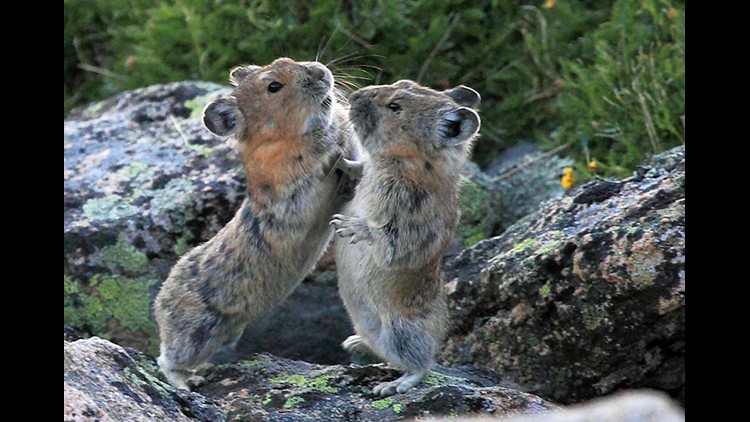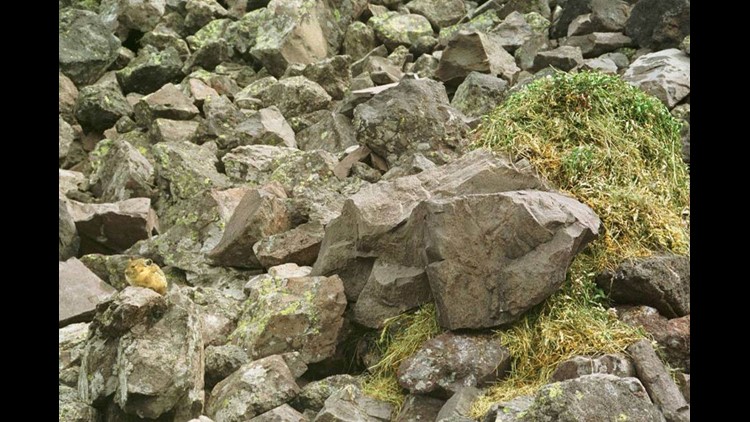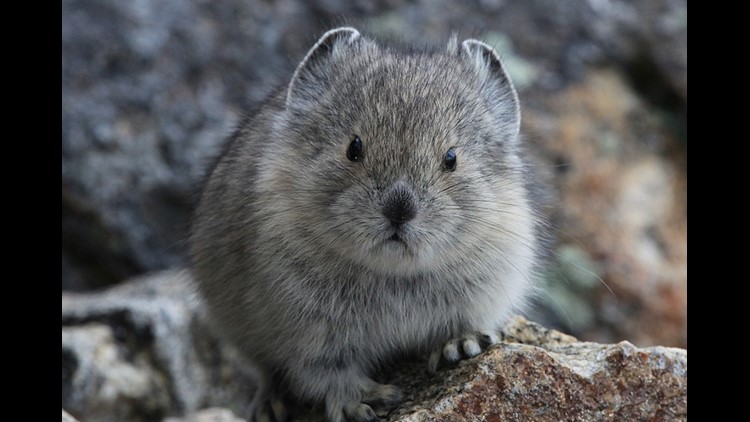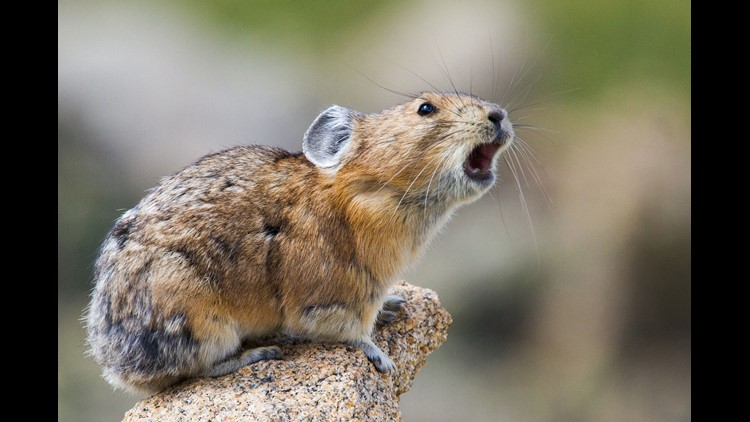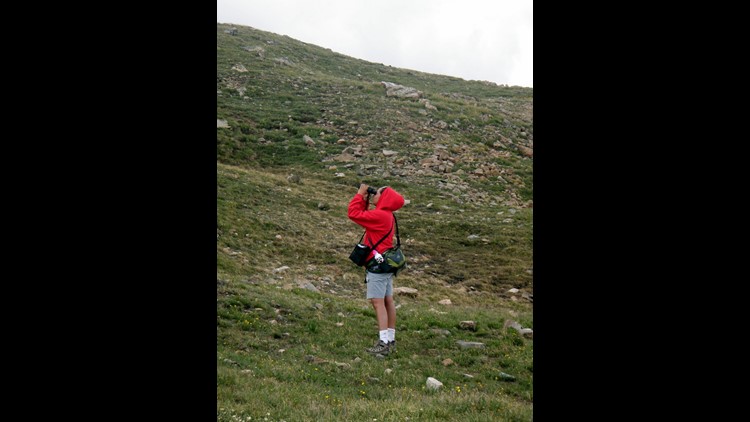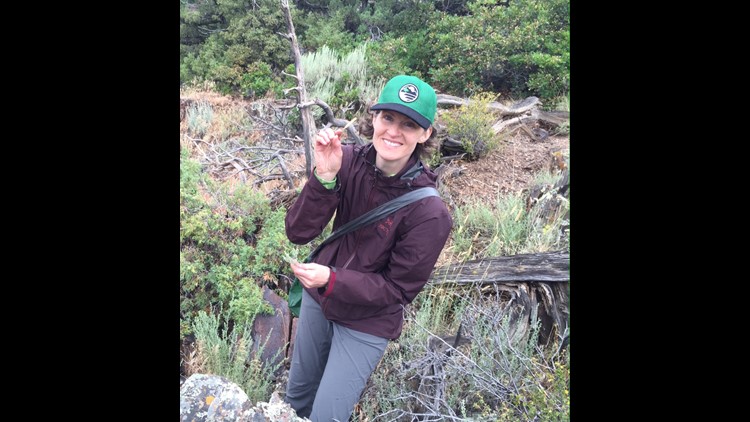Colorado researchers want to protect American Pikas, and they need your help to do it.
The Denver Zoo along with Rocky Mountain Wild, a nonprofit that aims to protect unique wildlife in Colorado, have been studying pikas and their habitats as part of the Front Range Pika Project (FRPP) for years.
This year, their project is going statewide.
The FRPP was launched in 2010, after U.S. Fish and Wildlife made a decision not to protect the species under the Endangered Species Act.

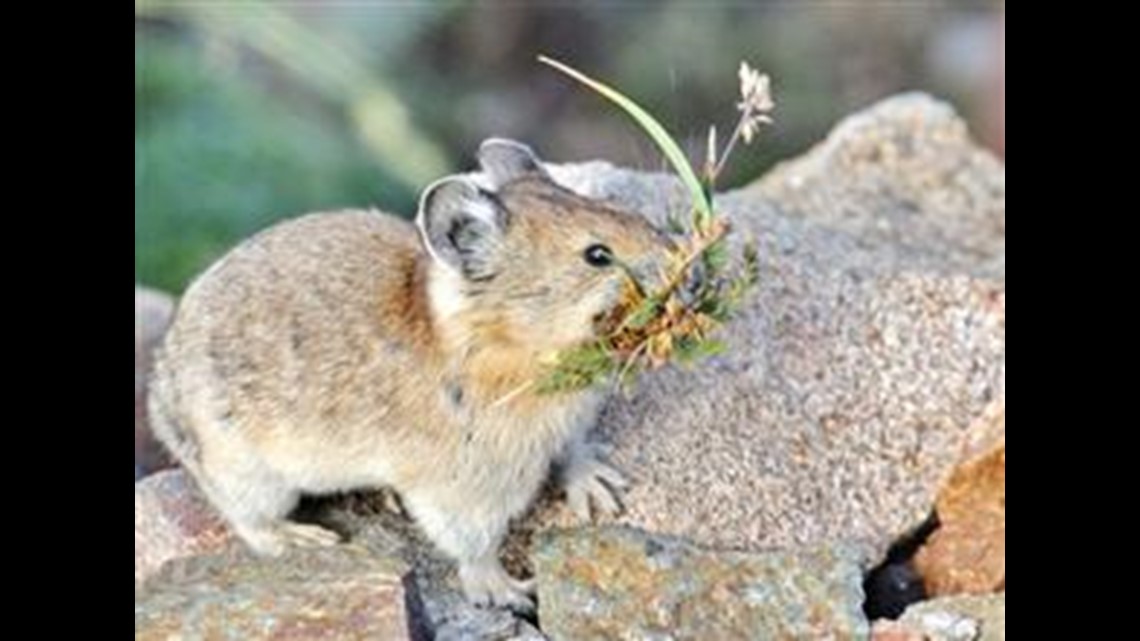
Erica Garroutte with the Field Conservation Department at the Denver Zoo says researchers are concerned pikas could disappear over time because of climate change.
"Because pikas are so uniquely adapted to those harsh alpine ecosystems, we think they are pretty sensitive to increasing summer temperatures and we also think they are sensitive to variation in snowpack," she said. "So because we know this about pika ecology, we think they may be a canary in a coal mine for the potential impacts climate change may be having on alpine ecosystems across Colorado."
Garroutte also acknowledged there is not enough research on how climate change influences American pikas so the FRPP is working to build up that data.
Over the last eight years, about 40 volunteer citizen researchers have visited 40 sites across the front range where pikas are known to inhabit.

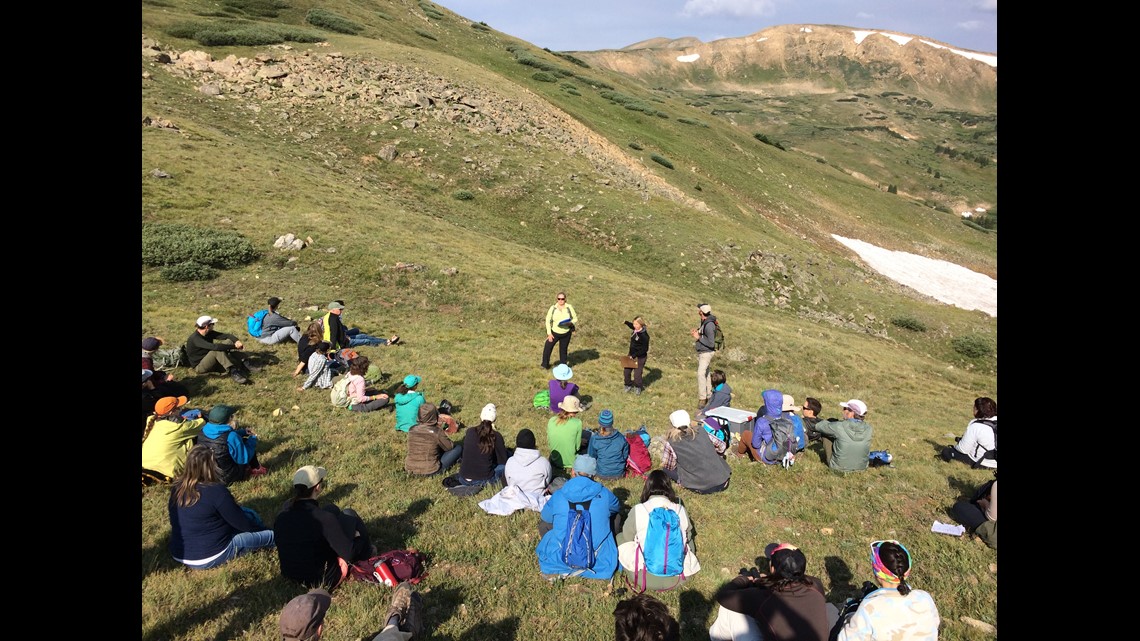
They've collected data about when they've spotted the small animals and the condition of their habitats, including location, characteristics of the vegetation and rocks and the temperature.
"What we're finding is that pika habitats vary quite a bit, and there are a lot of different characteristics to the pika habitat sites. And we think that pikas may be more resilient than we originally thought," Garroutte said.
She added, "So it's really important that we collect large scale data and continue to collect over a long time scale so we can get a better sense of what's actually caused by pretty dramatic changes in their habitat versus what might just be a result of their ecology that we don't know about."
Garroutte says researchers think the continuous high-elevation habitat for pikas in Colorado may be a factor in why they are thriving here.
They are focusing on the long-term outlook so land conservation managers can come up with a plan to support the habitat - 50 to 100 years down the road.
This year, they've partnered with the National Park Service and U.S. Forest Service to expand the project into Rocky Mountain National Park and the White River National Forest.
The Colorado 14ers Initiative and Rocky Mountain Field Institute have also joined the project to help cover more of Colorado's 14ers and the Sangre De Cristos.
"This year we actually doubled the number of pika sites that we are able to visit, which is pretty substantial when you think about how remote this sites are. Some of these sites are about a 10 mile hike in high elevation over steep, pretty crazy terrain," Garroutte said.
PHOTOS: Front Range Pika Project in need of more volunteers.
They need more volunteers to become "pika patrollers" to help cover the 80 sites they will be researching beginning this Spring, especially on the western slope.
Volunteers will be required to take two different training courses. One in the classroom and one out in the field.
If you're interested in applying you can email frpp@denverzoo.org, or you can visit the project website here.
Garroutte says the research the FRPP has done on pikas has helped build one of the most robust data sets on the animals - data that she says will reach far beyond Colorado and the U.S.
"The data we're collecting on pikas in Colorado is helping to inform research and management of pikas in Mongolia as well," Garroutte said.



